What do we value?
An annotated reading of the books I finished in June & July 2025.
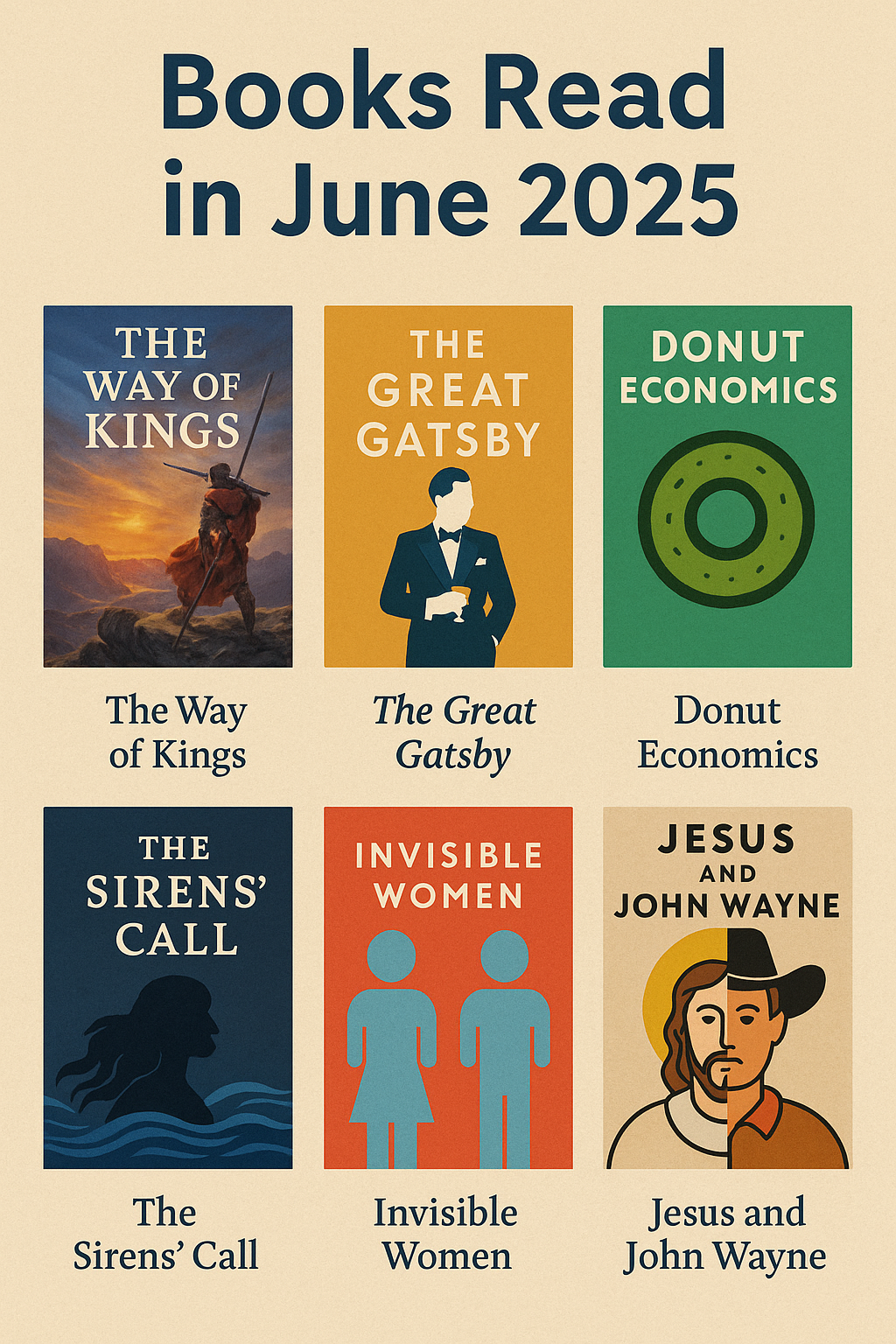
July was probably the busiest month of the year for me, yet this reading list does not reflect that. Let’s dive in.
Books Read in June & July 2025
- The Way of Kings
- The Great Gatsby
- Donut Economics
- The Sirens’ Call
- Invisible Women
- Jesus and John Wayne
Sanderson crafting another epic universe
The Way of Kings is a multi-part narrative about a medieval world empowered by (transformable) energy derived from stones and minerals. Several character arcs and developments combine in an enthralling manner to paint a picture of a world on the brink of political and geographic disaster. If you enjoy epic world-building novels, this one isn’t one to miss.
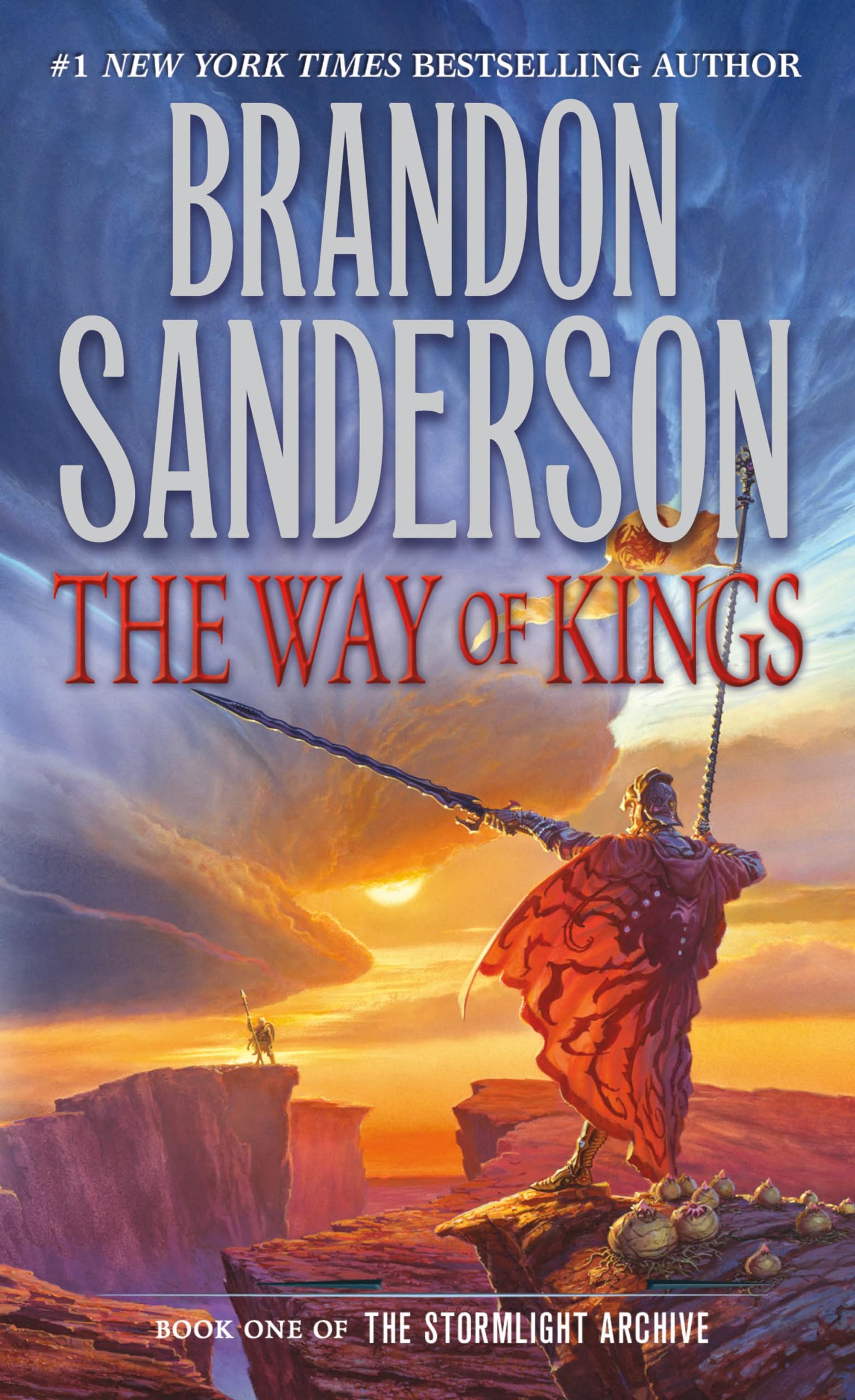
Charitable affluence
Fame, fortune, and fondness meet within Jay Gatsby, a character widely known as The Great Gatsby. Despite all his material wealth, Gatsby inevitably longs for deep human connection and, as a result, surprises the first-person narrator Nick Carraway with his level of friendliness and candor. This story is a classic for a reason: a well-balanced look at an unexamined life leads to compelling conclusions.

Circular economy
Sustainability is a popular topic these days, and not just in science. Economics, in particular, plays a significant role in shaping the direction in which a society moves: towards short-term gains or long-term momentum. Kate Raworth’s book Donut Economics offers readers a poignant introduction to the concept of a doughnut economy, which provides rich context and discussion points for the coming decades of economic development.
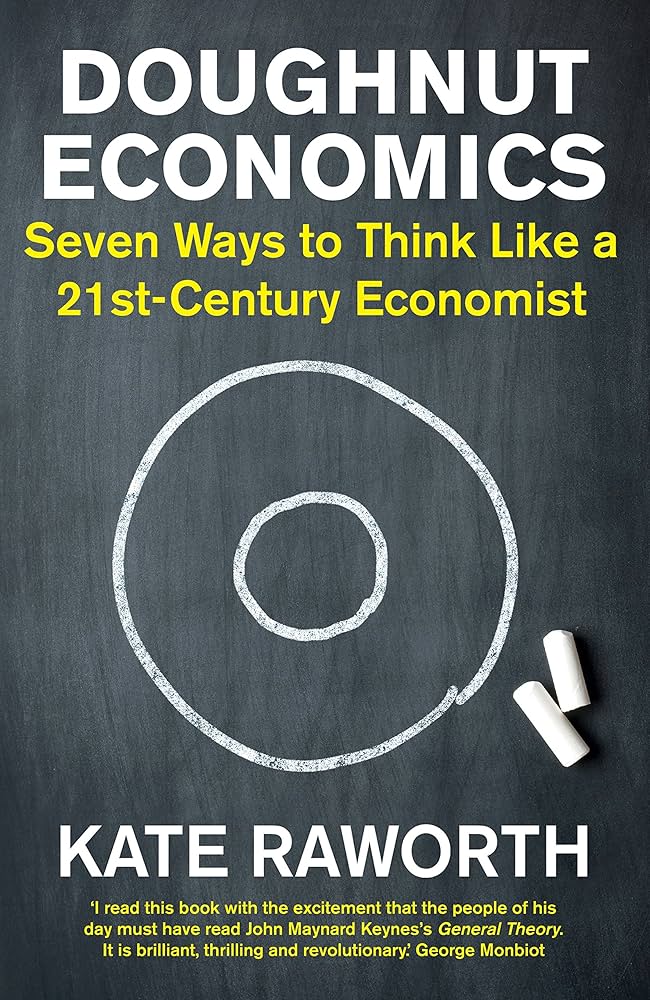
Attention is all you have
What is the most valuable resource in one’s possession? Many answers are reasonable, yet today an answer has overwhelmingly emerged: attention. What you allocate your time and energy (i.e., your attention) to, in many ways, defines what you value most by revealing what you are willing to sacrifice in exchange for that attention stimulus. The Sirens’ Call paints this picture in clear terms for a broad readership, in a way that couldn’t be more timely.
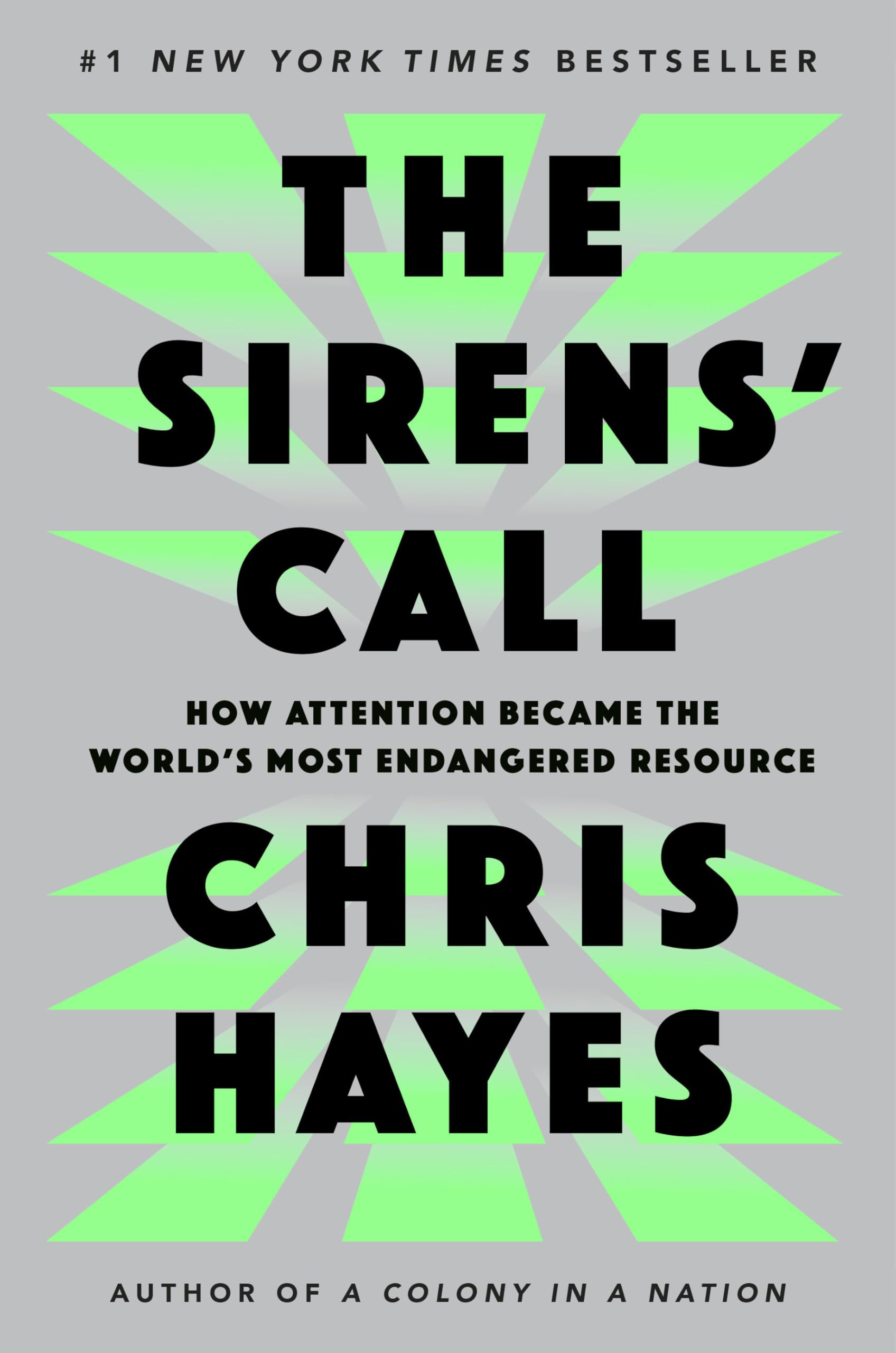
How to (not) science
Here are some (humbling) observations made by researchers (such as Caroline Criado-Perez in the book Invisible Women) over the last few decades:
- The male gender is viewed as the default in most forms of communication.
- Women have intentionally or unintentionally been excluded from a majority of research studies over the past several decades (and that trend is only slightly improving over time).
- Women disproportionately work more than the average male yet are not paid for such (necessary) work, such as childcare and education.
These three observations alone contribute substantially to economic, sociopolitical, and cultural turmoil even amongst societies boasting egalitarian gender roles. What can be done about this problem? To start with, science needs to begin including women not as an optional (add-on) gender axis to include in study designs but as a foundational dimension of future studies. Once the scientific community has paved the way for this change, society at large can begin to converse more fluently (i.e., armed with robust data) about how to provide fair compensation and admiration for women worldwide.
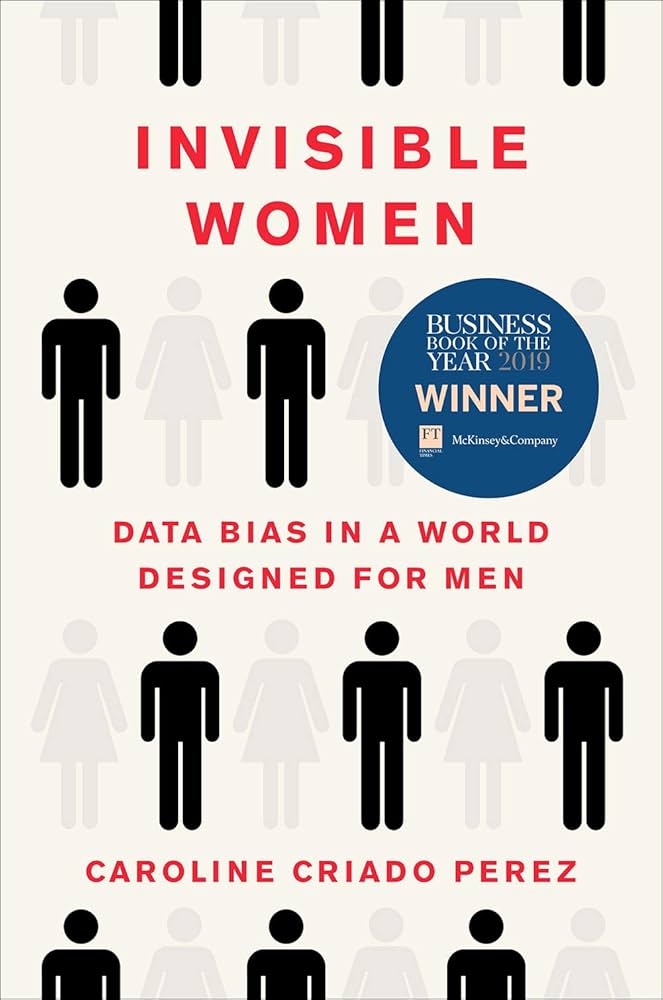
How (modern) America divided itself
If you want to understand how (2010s and 2020s) American politics grew to its (staggering) level of polarization, a non-trivial part of the equation is understanding the history and trajectory of American Evangelicalism. Jesus and John Wayne offers, perhaps, the best account of this historical development, starting in the mid-20th century. A key takeaway of this book is that American Evangelicals have played a large role in shaping the values of the (American) Republican party and, as such, will likely have a say on how its future (political) values converge.
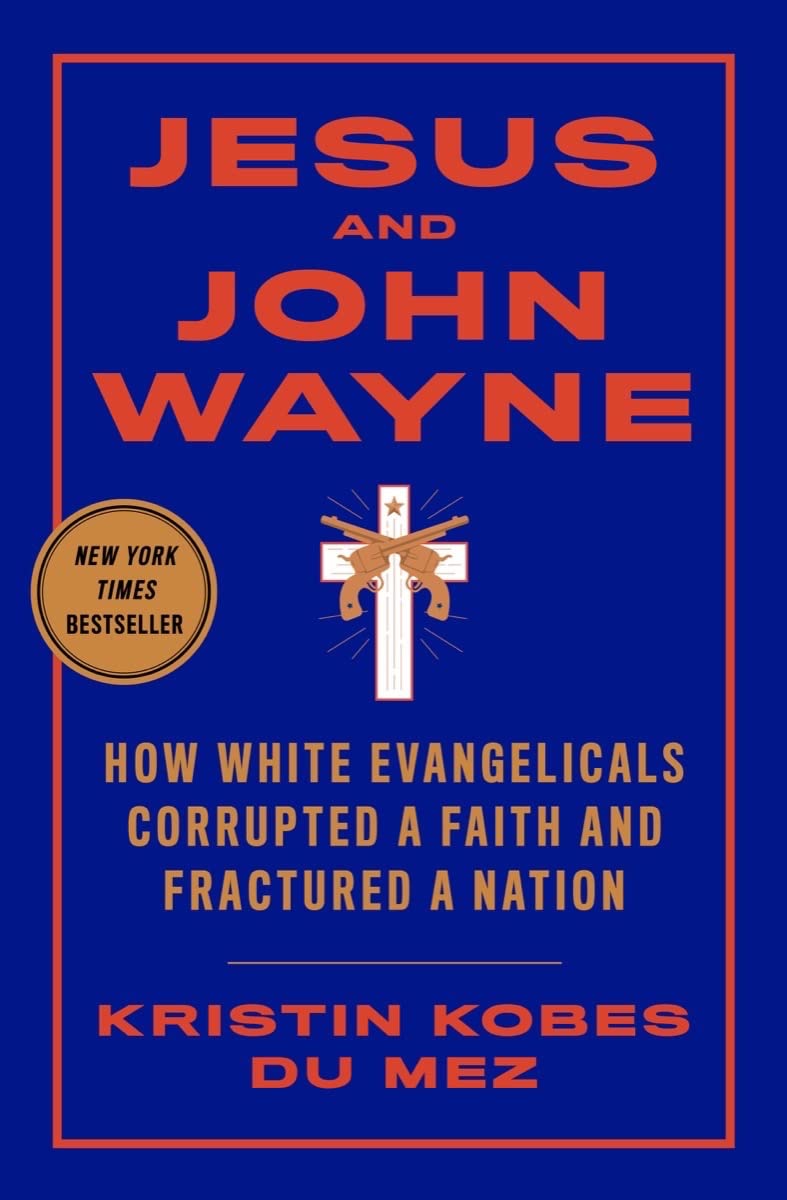
Alex